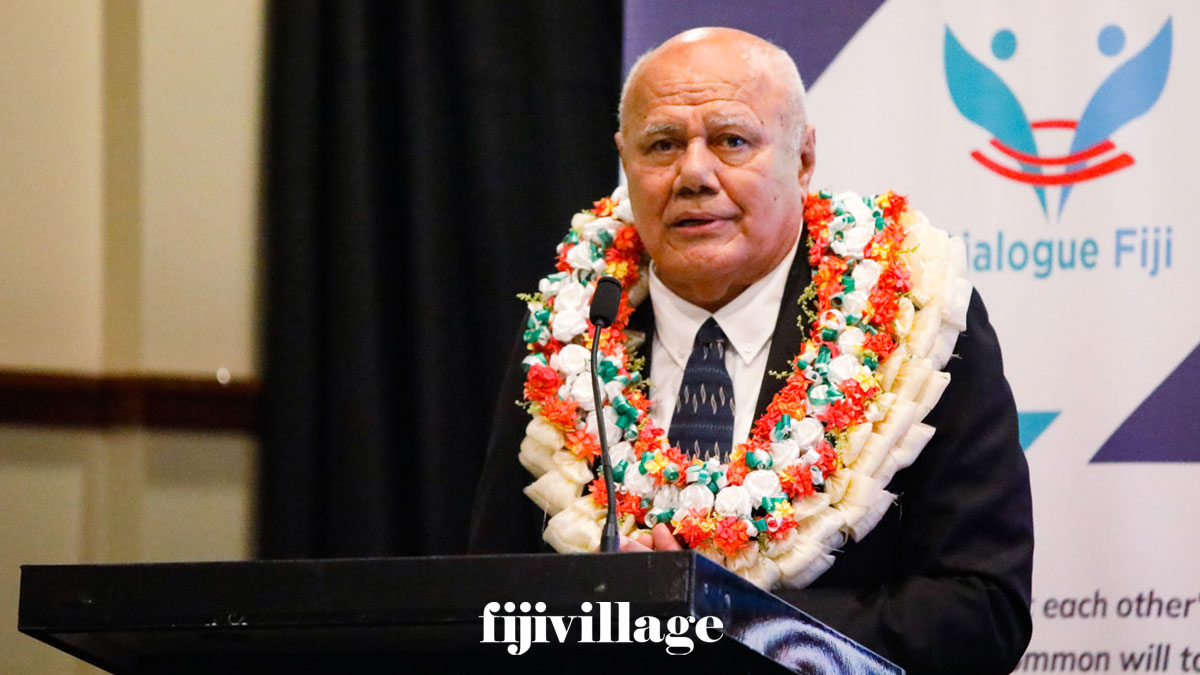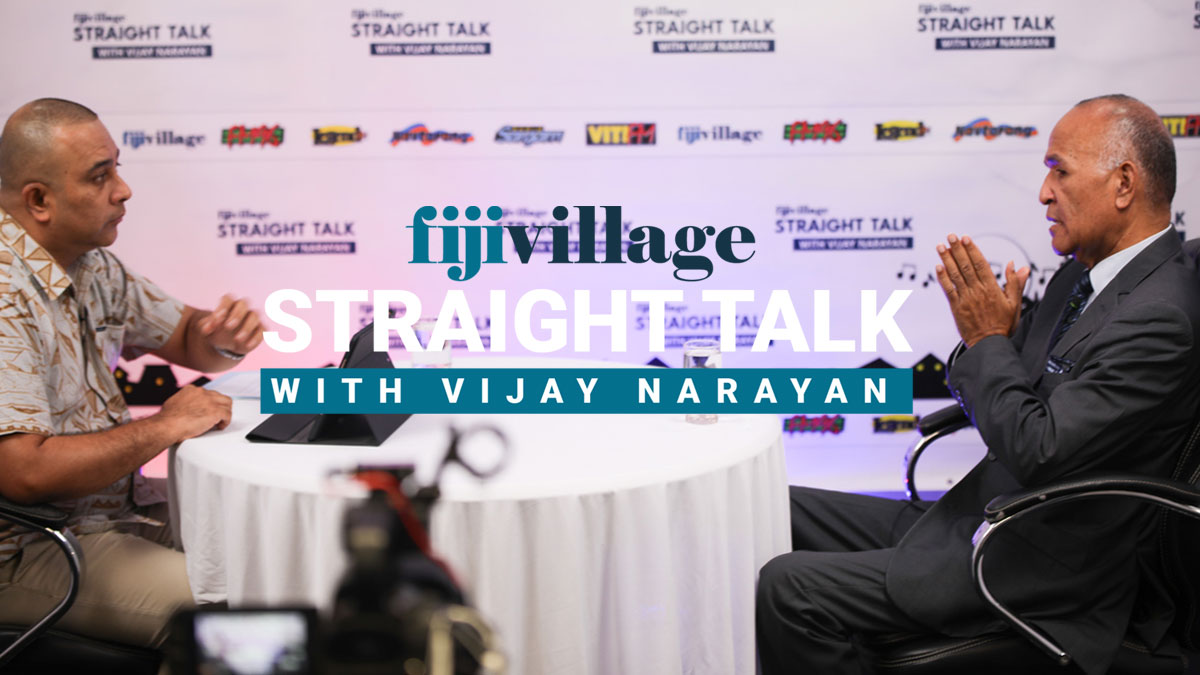
When there is a disaster, women work harder increasing their work load and exposure to great safety risks.
Deputy Prime Minister and Minister for Tourism, Viliame Gavoka highlighted this at the two day Regional Conference on Gender Responsive Climate Policy and Environmental Governance for Fiji, the Solomon Islands and Vanuatu currently being held at the Grand Pacific Hotel in Suva.
He says studies conducted by a group of researchers along with scientific evidence supports conclusive evidence that women are more vulnerable to the negative effects of climate change which puts them at a higher risk.
Gavoka says we know this because we have seen it in our own communities.
He says when there is a cyclone in Fiji, we often empathise with the people where the impact was most felt geographically.
The Deputy Prime Minister says we often overlook women, our wives, mothers and daughters who are primarily responsible for household water supply, food security and energy to feed and keep us clean.
He says we should also take into account the facts that women frequently work in industries like farming which are directly impacted by climate change.
Gavoka says their access to resources is likewise restricted as they have less rights to land and less access to finance and education.
He says despite being heavily impacted, women are often under represented in local,national and global policy making forums where responses to climate change are decided.
Gavoka adds this can lead to policies and programs that do not address or even recognise the different experiences and needs of women in the context of climate change.
He says he is sure this conference will serve as a pivotal platform fostering collaboration and devising pragmatic strategies or positive change.
The Deputy Prime Minister says the Fiji Government remains steadfast in its commitment to addressing climate change with a distinct emphasis on gender inclusivity.
Stay tuned for the latest news on our radio stations

